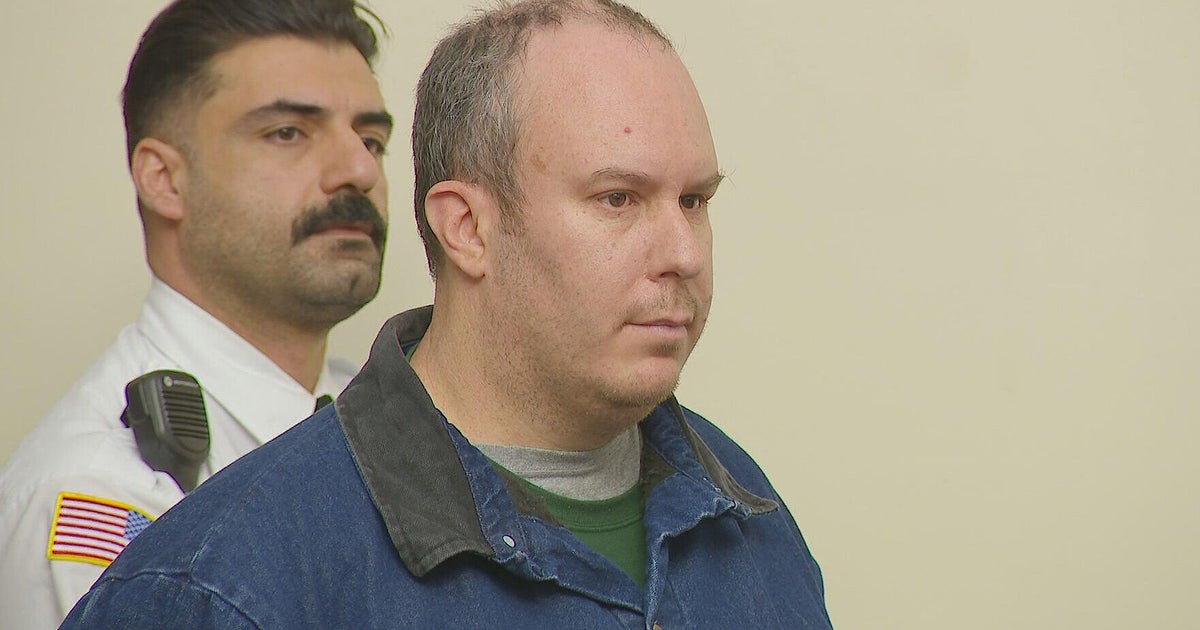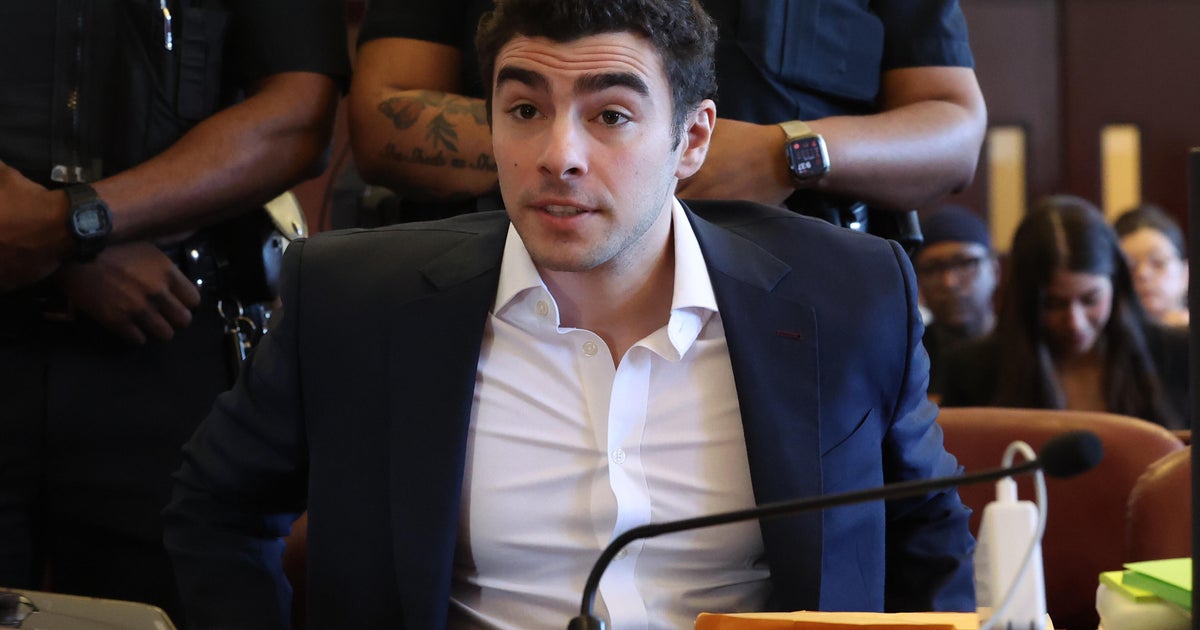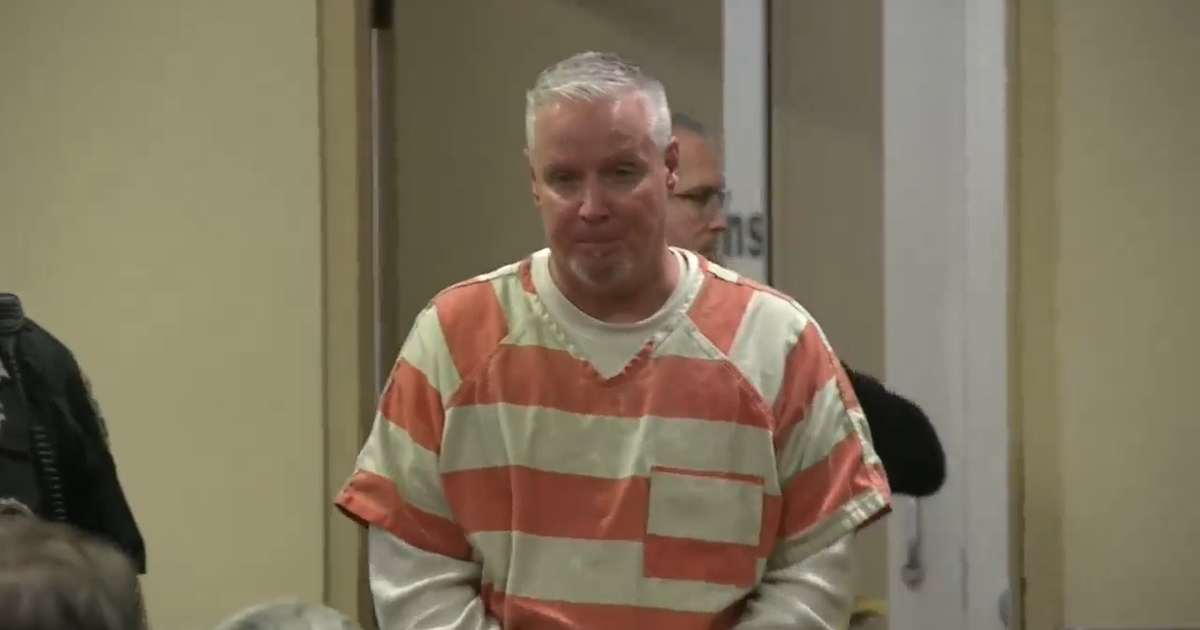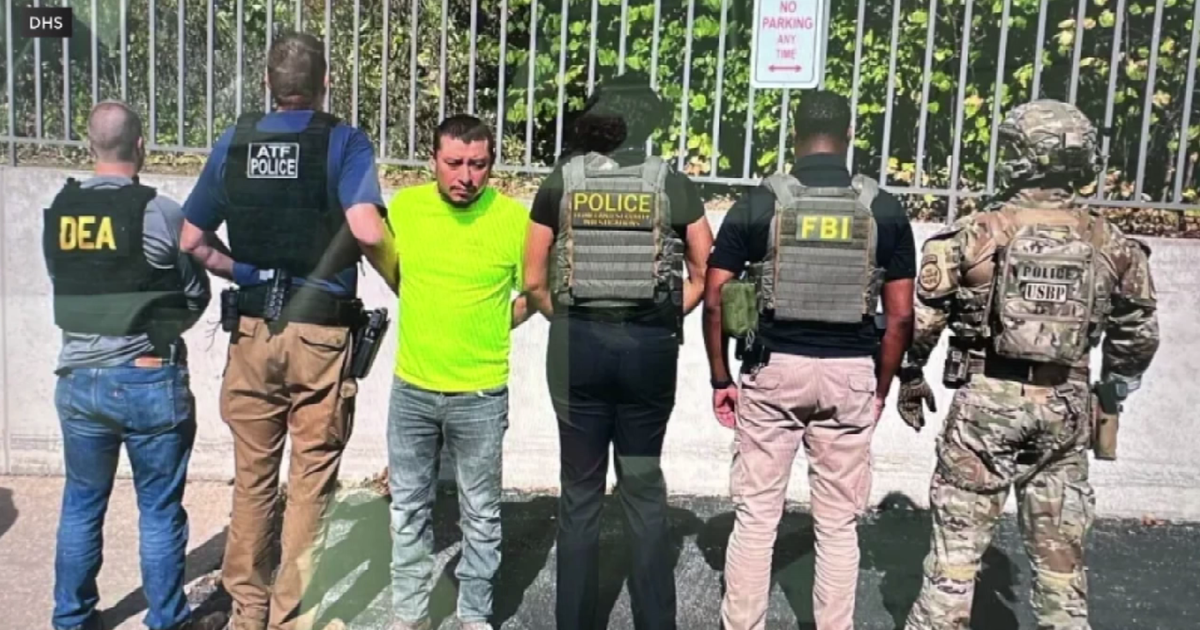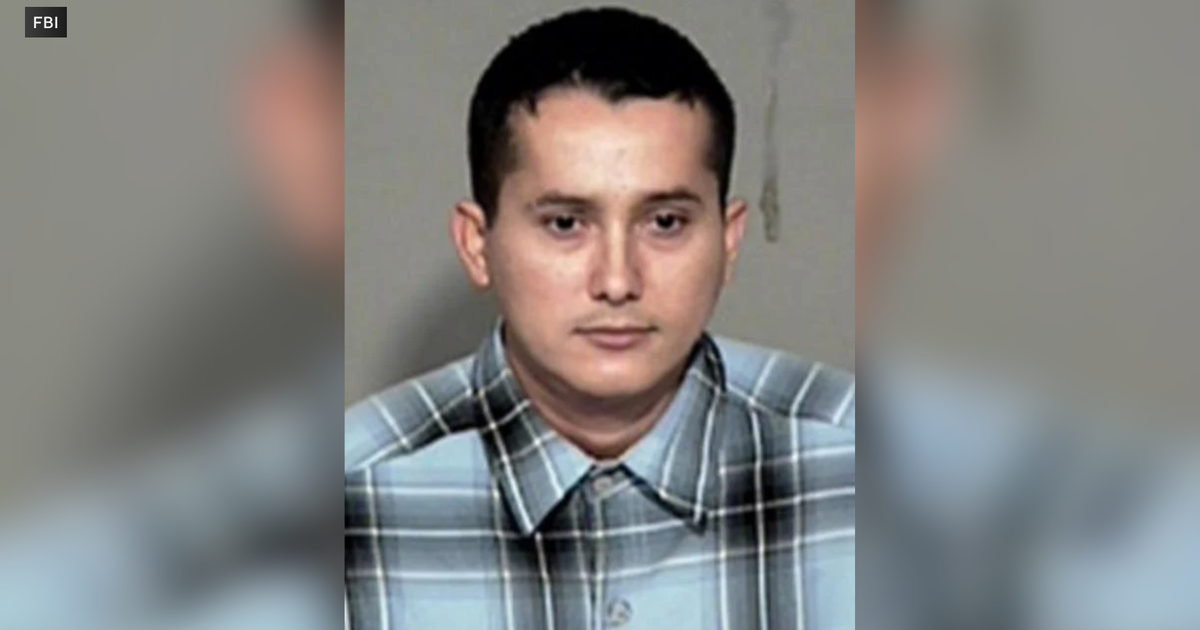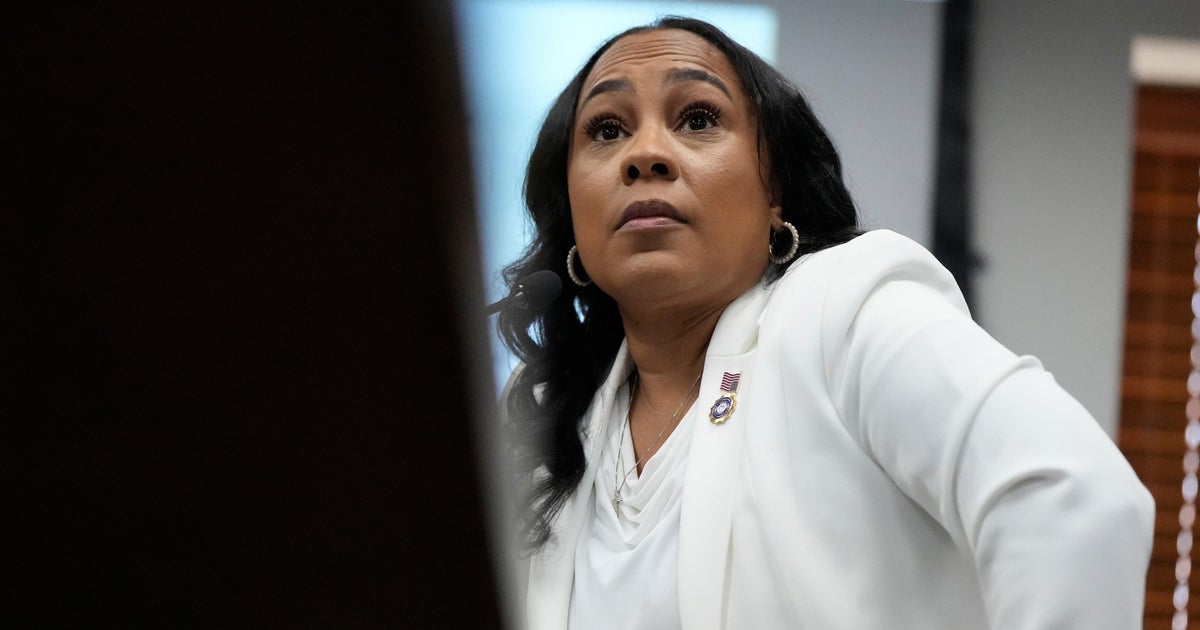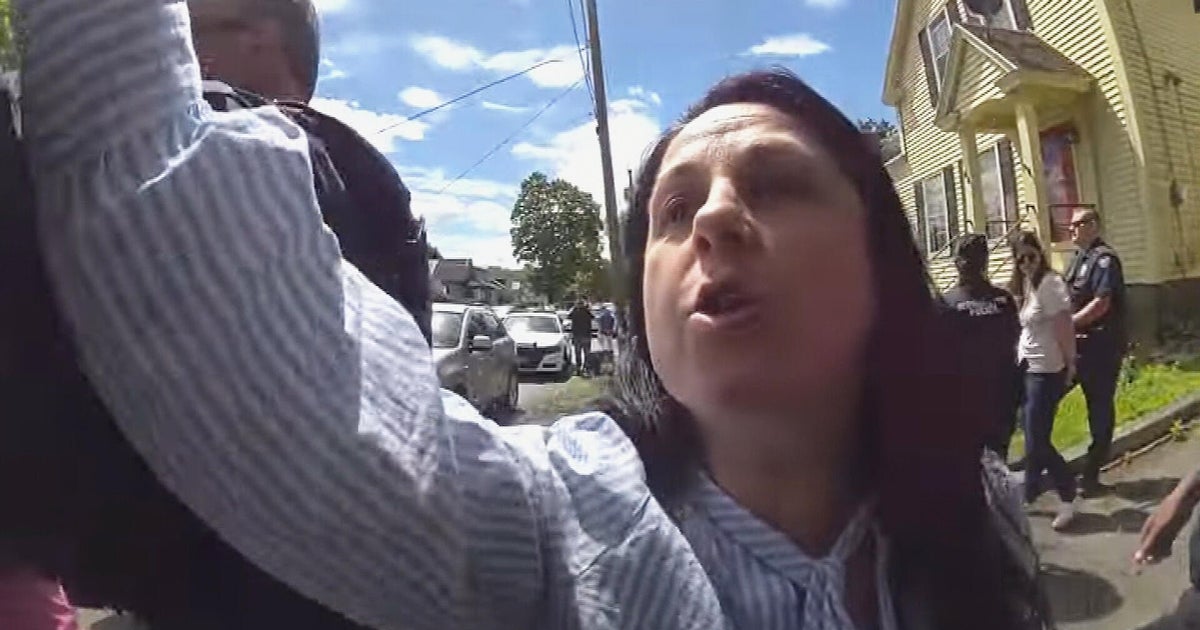Whitey Bulger's Bid For New Trial Heads To Appeals Court
BOSTON (AP) — During his 2013 racketeering trial, former Boston crime boss James "Whitey" Bulger called the proceeding a "sham" after he was barred from presenting the centerpiece of his defense: his claim that a federal prosecutor gave him immunity to commit crimes.
Two years later, Bulger is hoping a federal appeals court will overturn his convictions based on what his lawyers call a "constitutional error" that denied Bulger his right to a fair trial.
A three-judge panel of the 1st U.S. Circuit Court of Appeals in Boston is scheduled to hear oral arguments on Monday. Bulger won't be present for the proceedings.
Bulger was convicted of participating in 11 murders while leading a violent South Boston gang from the 1970s into the 1990s. He fled shortly before he was indicted in 1995 after being tipped off by an FBI agent.
Now 85, Bulger was one of the FBI's 10 Most Wanted fugitives for more than 16 years until he was captured in Santa Monica, California, in 2011. He is now serving a life sentence.
Bulger claimed that former Assistant U.S. Attorney Jeremiah O'Sullivan, now deceased, had given Bulger immunity during the 1980s in return for protecting his life from the mobsters he prosecuted.
But Judge Denise Casper ruled that Bulger could not raise his immunity claim during his trial because he offered no hard evidence to support it. The judge also found that O'Sullivan, who died in 2009, did not have the authority to grant such immunity.
Bulger cited the judge's ruling when he decided not to testify in his own defense. He told the judge he felt he'd been "choked off from having an opportunity to give an adequate defense."
"And my thing is, as far as I'm concerned, I didn't get a fair trial, and this is a sham," Bulger said.
In his appeal, Bulger's lawyers argue that if he had been allowed to testify about his immunity claim in his own words, the jury would have had the chance to weight his credibility against the credibility of prosecution witnesses.
"The court's denial of his right to raise this defense deprived Mr. Bulger of this fundamental right," Bulger's lawyers argue in a brief filed with the appeals court. "His testimony alone could have made a difference in the verdict."
Bulger's lawyers say his testimony also could have challenged the government's theory that Bulger was an informant on the rival New England Mafia.
"Mr. Bulger had a Fifth and Sixth Amendment right to testify that the government's witnesses were lying about his alleged role as an informant and rebut by explaining his immunity agreement with the DOJ," his attorneys, Henry Brennan and James Budreau, wrote in their brief.
The defense said during the trial that former FBI agent John Connolly falsely portrayed Bulger as a valuable FBI informant, but Connolly was actually taking bribes from Bulger and leaking information to him about investigations.
Prosecutors have argued that Bulger did not have a right to make his immunity claim to the jury because immunity is something a judge decides on before trial.
Bulger's right to testify in his own defense did "not entitle him to offer testimony that is irrelevant or otherwise barred," Assistant U.S. Attorney Randall Kromm wrote in a brief filed with the appeals court.
Prosecutors say the evidence of Bulger's guilt was overwhelming and he should not get a new trial.
Copyright 2015 The Associated Press. All rights reserved. This material may not be published, broadcast, rewritten or redistributed.
